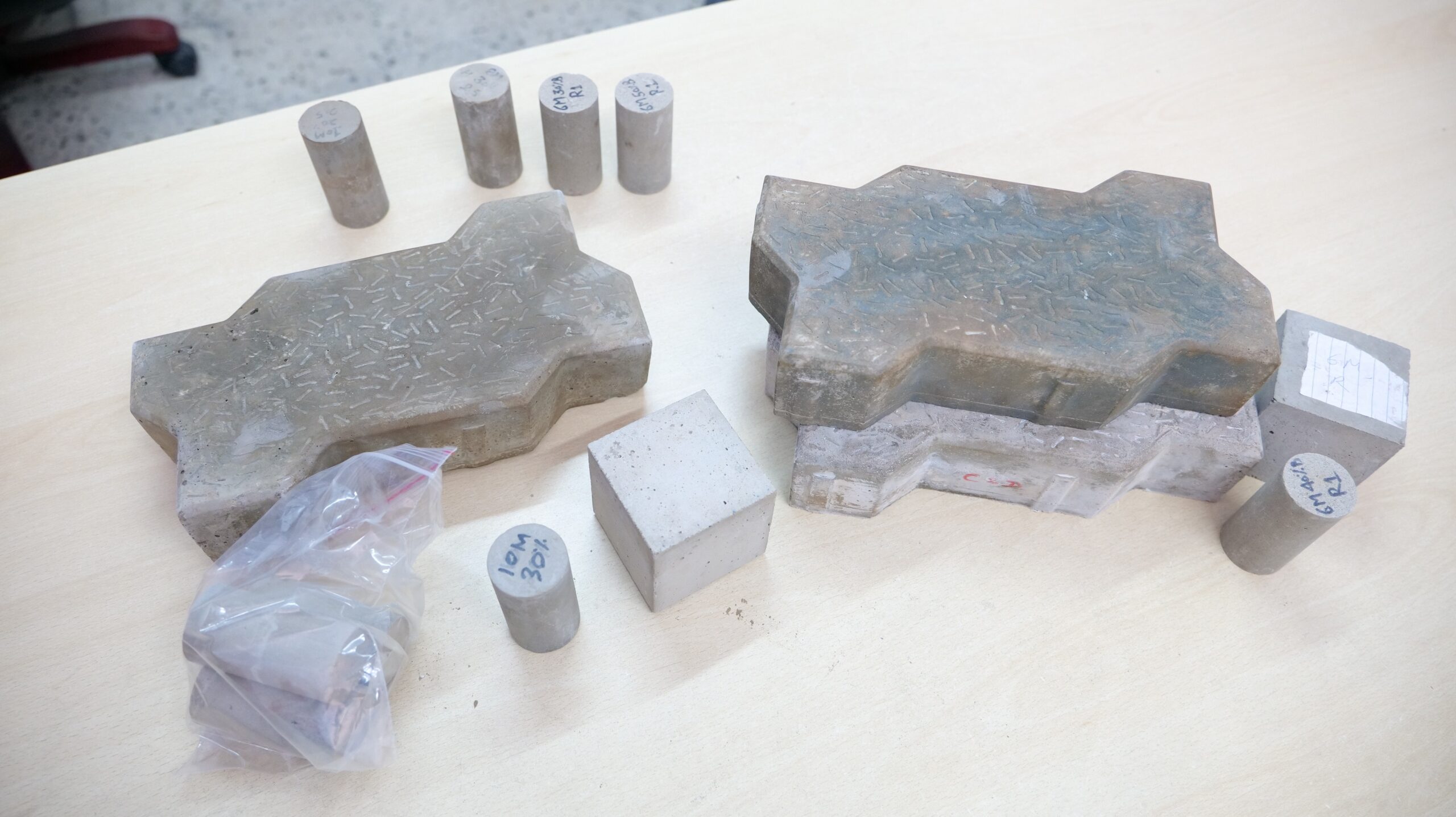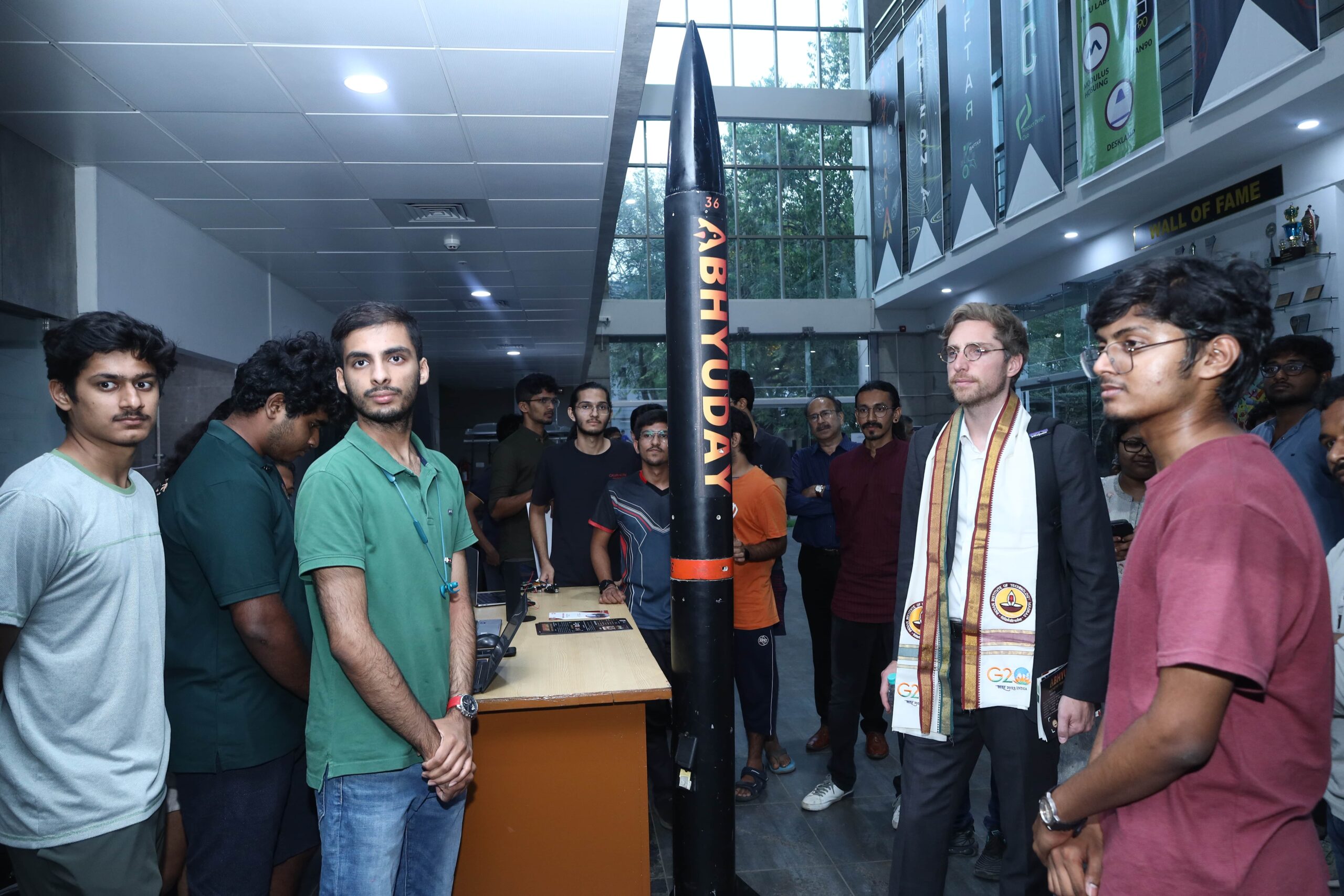India’s push towards electric vehicles (EVs) is facing potential hurdles due to China’s recent restrictions on the export of rare earth materials, including essential magnets used in EV production. These materials are critical for manufacturing EV components, and China dominates the global supply, accounting for roughly 70% of mining and 90% of production.
China’s decision to curb exports is widely seen as a response to US restrictions on Chinese technology and leverage in ongoing trade discussions. The move impacts global supply chains for various industries, including automotive, aerospace, and electronics.
For India, which relies heavily on imports for rare earth magnets (importing 870 tonnes worth ₹306 crore in FY25), these restrictions are a significant concern. Automakers may face increased costs, potentially up to 8%, which could be passed on to consumers. Shipments are currently facing delays as Indian manufacturers navigate a complex self-declaration process requiring approval from the Chinese Embassy.
The Society of Indian Automobile Manufacturers (SIAM) has expressed concerns to the Indian government about potential production delays due to low magnet inventories. In response, the government is reportedly considering sending an industry delegation to Beijing to negotiate a resolution and mitigate the impact on India’s growing EV sector.



